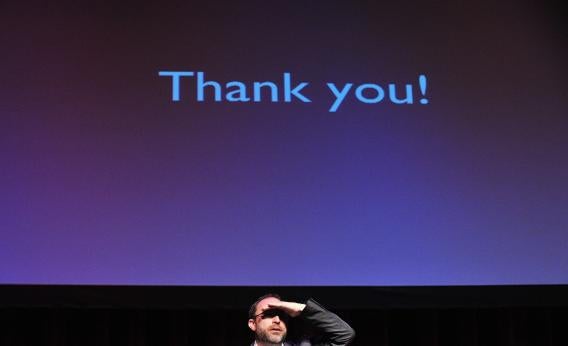It’s a match made in electronic academic heaven. JSTOR, the beloved digital scholarly journal archive usually available only to those affiliated with an educational institution, will now be available to top editors at Wikipedia.
Wikipedia’s official blog announced the partnership last week, citing a December 2011 survey that found 39 percent of Wikipedia volunteers considered the challenge of “finding reliable source material” as “one of the largest problems hindering their contributions.” JSTOR is an exhaustive database of source documents and published academic journals, so it’s easy to see why the most prolific Wikipedia editors would be eager to have access to it.
Steven Walling, an associate product manager at the Wikimedia Foundation who facilitated this partnership with JSTOR, told me that this partnership was something “our most prolific and valuable” members were asking for, and it was incredibly “advantageous” to both organizations to team up. He described this partnership with JSTOR as a means of increasing public confidence in the quality of information (and citations) posted on Wikipedia. The online encyclopedia gets a bad rap for being at times inaccurate and easily prank-able; the joke goes that the sources listed are usually the top Google searches, not actual scholarly material. If Wikipedia articles become more well-known for citing scholarly journals, however, these criticisms have a real chance of becoming moot.
If you’re like me and got all excited about becoming a Wikipedia editor in order to get access to JSTOR, however, it’s not going to work. For now, only the top 100 contributors, who have collectively written a reported 100,000 articles, will get access to JSTOR for free. The program is only is in its “pilot” phase, though, so maybe one day in the future every editor can access the scholarly archive. As it stands right now, online users have limited free access to JSTOR, but maybe, given the open access movement, it will one day go the way of Wikipedia and be completely free.
